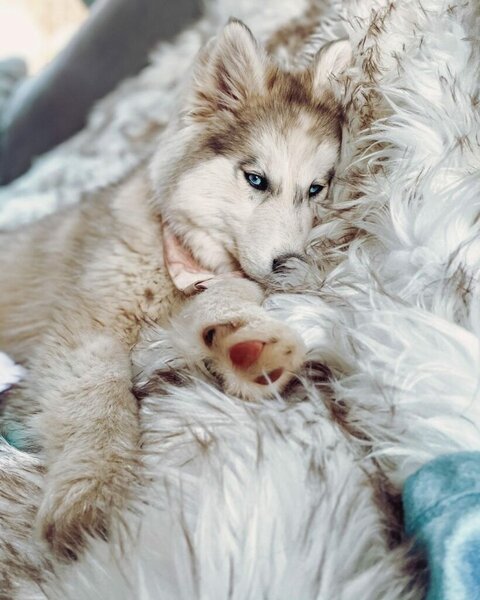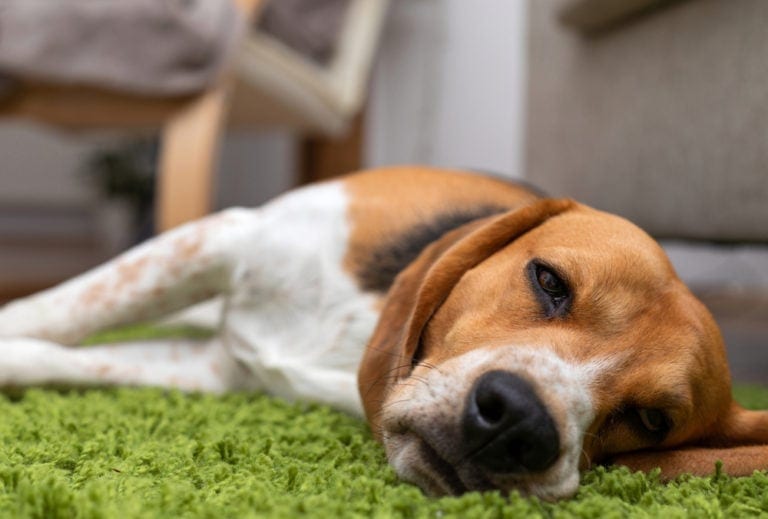Can a dog get hiccups? Yes, like humans, dogs are also prone to humorous but mostly annoying hiccups.
Hiccups are a natural side-effect of the involuntary contraction of your dog’s diaphragm, causing the glottis to close. This causes a halt in the inflow of oxygen, resulting in the spasms associated with hiccups.
Dog hiccups are a strangely adorable occurrence that we do not think too much of. When you have hiccups, you simply cannot focus on anything else other than your hiccups, and it frustrates you. Your dog feels the same way.
Fortunately, we will be discussing everything that you, as a dog owner, would need to know about dogs and hiccups. We will also be taking a look at how you should go about relieving your dog of hiccups, what hiccups are, do they hurt your dog, and why puppies are so susceptible to hiccups.
What Causes Hiccups In Dogs?
Dogs experience hiccups when their diaphragms are irritated. The diaphragm will contract and expand in short, uncontrollable spasms.
Although it has yet to be scientifically proven, hiccups in dogs are believed to be caused by rapid consumption of food and beverages, over-excitement, stress, and fear.
The most common cause for hiccups in puppies is their over-excitable nature. When puppies play vigorously, their breathing changes rapidly. This rapid change in respiration rate triggers hiccups in puppies.
Although hiccups are generally no cause for worry, there is a health condition that results in symptoms that are similar to hiccups. This condition is called synchronous diaphragmatic flutter. It causes your dog’s diaphragm to spasm involuntarily – in a manner similar to hiccups.
Synchronous diaphragmatic flutter is found to be caused by low calcium levels in your dog’s blood.
The spasms associated with this condition last for a prolonged period. When your dog’s hiccups last for a prolonged period, you should consult your veterinarian. Your veterinarian will diagnose your dog if the spasms are related to a serious condition.
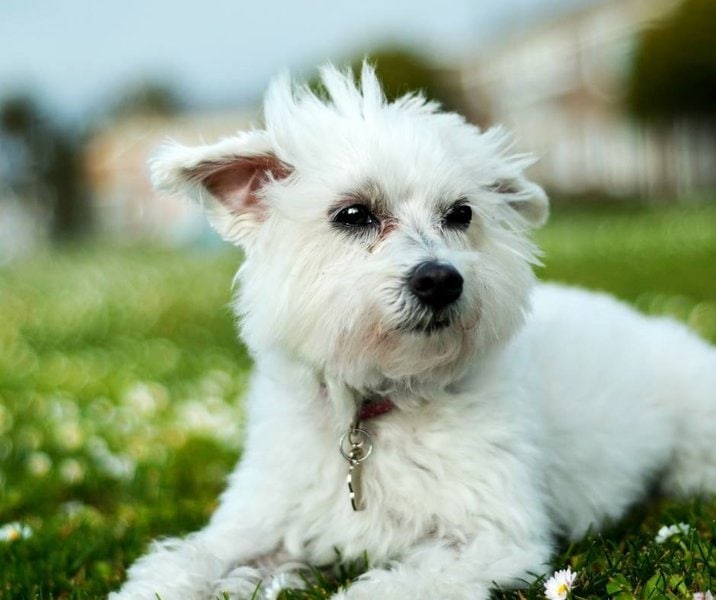
How Do You Stop Hiccups In A Dog?
Hiccups in dogs can be stopped by slowing down or changing your rate of respiration. Feeding your dog a spoon of a sweet and sticky substance such as syrup, honey, and peanut butter will stop the hiccups in your dog.
When dogs have hiccups, they experience confusion and fear because it is an uncomfortable sensation. These substances will coat your dog’s throat, distracting your dog long enough for the restoration of their regular respiration rate to occur.
Rubbing your dog’s belly, scratching its ear, and even petting your dog are methods that may help to stop hiccups in dogs. You can even massage your dog’s chest to relax its diaphragm. The aim is to get your dog to relax and change their respiration rate.
As you may know from your own experience with hiccups, they are absolutely involuntary and possibly violent too. Hence, you should avoid feeding your dog anything solid while they have hiccups because your dog will choke on it.
Just because your dog has hiccups, this does not mean that it has to be kept away from being its regular self. We encourage playing with your dog outside and allowing them to engage in light exercise. The exercise will change its rate of respiration, ultimately curing its hiccups.
A general belief is that startling someone can stop their hiccups. However, you should refrain from startling your dog. Startling your dog could easily have negative side effects, such as behavioral problems, distrust, and injury, when done on a slippery surface.
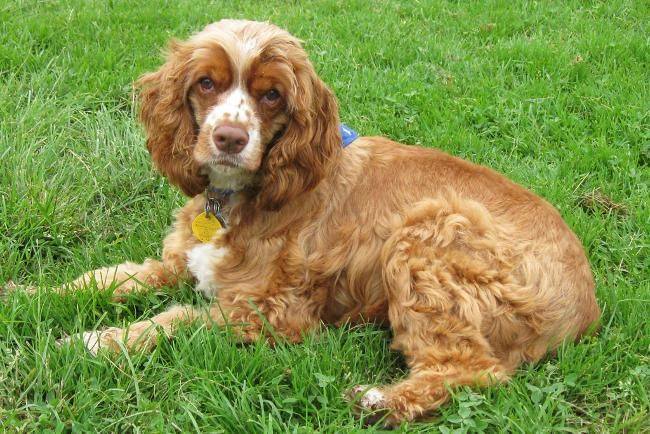
Is My Dog Hiccuping?
Hiccups in dogs are generally similar to hiccups in humans. Hiccups cause a ‘hic’ sound in humans, following a spasm of the diaphragm, whereas hiccup symptoms in dogs include the ‘hic’ sound, spasm, and the occasional burp.
However, dog hiccups can sometimes manifest in the form of a soundless spasm.
Hiccups in dogs are normal. Although there are rare cases when hiccups can be dangerous to your dog’s health, hiccups are generally nothing to worry about. Hiccups tend to look slightly more dramatic in dogs than they do in humans.
You will be able to see your dog’s chest vibrate vigorously when your dog has hiccups. Hiccups in dogs look worse than they are. Some dog owners may confuse coughing, reverse sneezing, regurgitation, and seizures as hiccups.
To avoid being confused between those conditions and hiccups, you should look out for differentiating features. When dogs cough, they open their mouths to release air. Dog coughs are usually much louder than hiccups. When your dog regurgitates, it will expel food from their mouths.
Seizures and hiccups look similar in the sense that both tend to result in a rhythmic rise and fall of your dog’s chest. However, seizures and hiccups differ in terms of one important aspect. Hiccups can occur even when your dog is asleep, whereas seizures can only occur when your dog is awake.
Most hiccups last for merely a few minutes. However, if your dog’s hiccups frequently occur, last for longer than an hour, and are observed with symptoms that are not typically associated with hiccups, then your dog’s hiccups become a cause for worry.
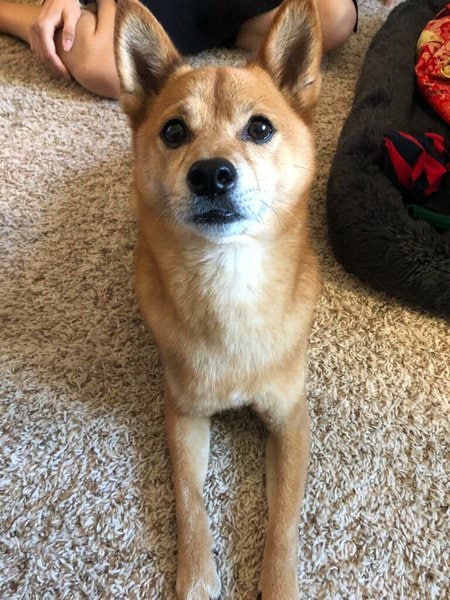
Do Hiccups Hurt Dogs?
In their most basic form, hiccups generally do not hurt dogs. However, if hiccups last for a prolonged period and occur frequently, then it would be wise to consult your veterinarian. When hiccups manifest along with other symptoms, then that could also signal a cause for worry.
Dogs can experience hiccups when they are scared or stressed. Besides the fear and stress as factors, your dog can trigger their hiccups when they are tremendously excited.
To help you, as a dog owner, identify whether your dog is scared or excited, you should pay close attention to your dog’s body language.
Hiccups are completely involuntary and occur at random times. Your dog’s diaphragm muscles contract, causing your dog to develop an irregular respiration rate. This irregular respiration rate results in spasms and ‘hic’ sounds.
Your dog can experience hiccups even when they are asleep. This is a result of the fact that hiccups are involuntary, and absolutely no one can control when and where they experience hiccups.
When dogs are asleep, they generally experience hiccups during their REM (rapid eye movement) sleep because that is when their bodies are most relaxed.
When your dog has hiccups, and they are licking at the same time, it is a result of esophageal irritation. Your dog may be experiencing acid reflux and has hiccups as a result.
Your dog’s licking is typically caused by nausea in this situation. However, if your dog was licking but not experiencing hiccups, the licking would be caused by dental discomfort.
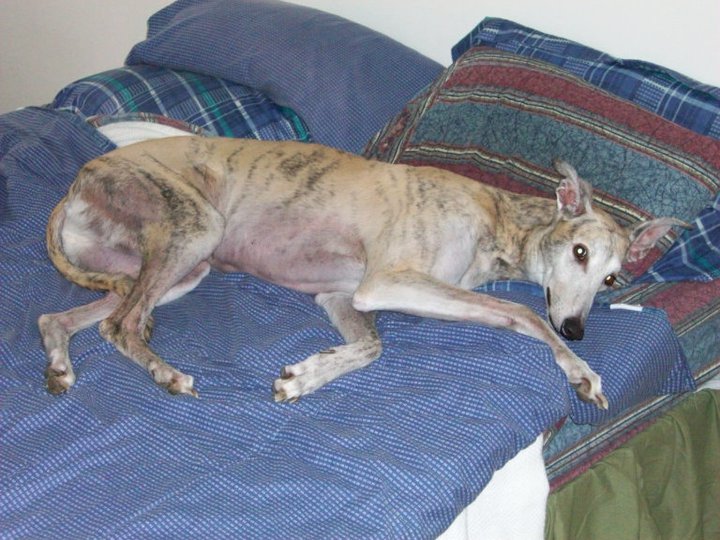
Why Do Puppies Get Hiccups So Much?
Puppies are believed to be more prone to hiccups than older dogs because aside from devouring food quickly, their energetic nature has been identified as a hiccup trigger.
Puppies are characterized by the level of vigor in the activities they perform, and when they play, their respiration rate accelerates tremendously, triggering their hiccups.
Dog owners who have puppies witness hiccups in puppies more than in older dogs. The high excitement level displayed by puppies is the main cause believed to cause hiccups in puppies more than more tranquil puppies and older dogs.
It is completely normal for your puppy to experience hiccups frequently. The frequent hiccups are simply a result of their over-excited nature. As a dog owner, you should not worry about your puppy’s frequent hiccups.
